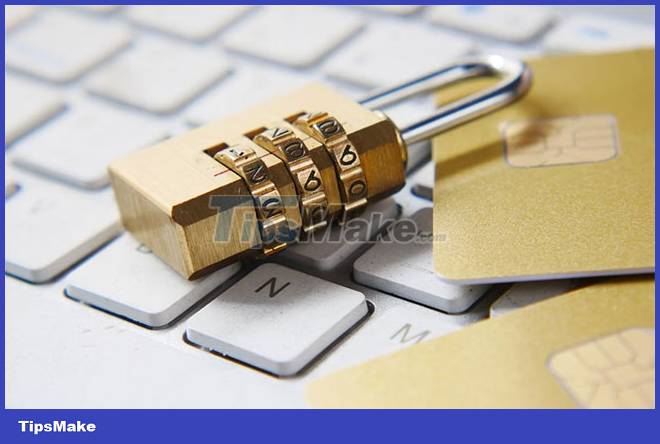What is Zero-Knowledge Encryption? Why use this type of encryption?
But what exactly is Zero-Knowledge Encryption? How is it different from end-to-end encryption? And what are the pros and cons of this type of encryption?
What is Zero-Knowledge Encryption?

In Zero-Knowledge Encryption, data is always secure because the decryption key is only in your hands. The service provider knows nothing about your encryption key and the data you are dealing with.
In the event that the service provider's server is hacked, the hacker will get nothing but meaningless text, since you are holding the encryption key. The goal of Zero-Knowledge Encryption is simple - only you can access the encrypted data.
Now, you're probably wondering, don't all cloud storage providers ensure that your data cannot be accessed by unauthorized users? Yes.
However, many cloud storage providers keep a copy of the user's encryption key and track the processing of the user's data to provide a better user experience. For example, Dropbox keeps a copy of your encryption key to provide a faster service. So you may be wondering, is Dropbox secure enough for your private files?
Zero-Knowledge Encryption is the perfect choice if you want superior privacy and security for your data, as your service provider will never know your encryption key.
Are Zero-Knowledge encryption and end-to-end encryption the same?
No, Zero-Knowledge encryption and end-to-end encryption are not the same thing.
In end-to-end encryption (E2EE), data or information is encrypted at one end and transmitted as a ciphertext to the other end, where it is decrypted. Therefore, hackers or any third party cannot read the data or information as it is transmitted from one end to another or resides on the server.
End-to-end encryption is a great way to protect data and effectively address vulnerabilities in encryption in transit and in-place encryption. On the other hand, Zero-Knowledge Encryption specializes in encrypting data locally and keeping the encryption key hidden from the service provider.
You can use Zero-Knowledge encryption in any service that protects data with a password. Many cloud storage services and password managers use Zero-Knowledge encryption to provide users with greater security.
Furthermore, with a third-party app like Cryptomator, you can implement Zero-Knowledge encryption on Google Drive, OneDrive, Dropbox, or any other cloud storage provider that doesn't come with the feature. this encoding.
What are the benefits of Zero-Knowledge encryption?

Here are the key benefits of implementing Zero-Knowledge Encryption:
- No one can access your personal data - not even the service provider.
- You control how your data is handled because it is encrypted locally on your device before it reaches the server.
- You protect your privacy because no one can collect, analyze or sell your personal information.
- Your data will be protected, even during extreme attacks.
- More and more service providers and application developers are adopting Zero-Knowledge encryption due to its ability to provide strong privacy and data protection.
Disadvantages of Zero-Knowledge Encryption
Everything has two sides; Zero-Knowledge encryption too. Zero-Knowledge encryption offers superior data privacy and security, but it also has some downsides.
Data is locked if you forget your password
One of the biggest limitations of using Zero-Knowledge encryption is that you can't access your data if you forget the encryption key and recovery secret. Your service provider doesn't know your password/encryption key, so can't help you recover your data.
Losing your encryption key means losing access to your data. If you are a 'goldfish brain', you need to be very careful when implementing Zero-Knowledge encryption.
Slow data access speed
Zero-Knowledge encryption can slow down data access. Additional encryption steps due to Zero-Knowledge encryption can slow down downloading and uploading of data to cloud storage.
However, the superior data security provided by Zero-Knowledge encryption can offset this latency.
Few features
Zero-Knowledge encryption implementations often affect the user experience. Because your service provider doesn't have access to your data, some features, such as photo and document previews, may not work. In addition, without data collection, service providers may not be able to provide intuitive interfaces.
So Zero-Knowledge encryption may not be the right choice for users who prefer convenience over security.
You should read it
- ★ Top 5 best USB encryption software
- ★ Discover the difference between symmetric and asymmetric encryption
- ★ Top 20 best encryption software for Windows
- ★ Adiantum, Google's new encryption method helps ensure safety for all Android devices
- ★ What is data encryption? Things to know about data encryption